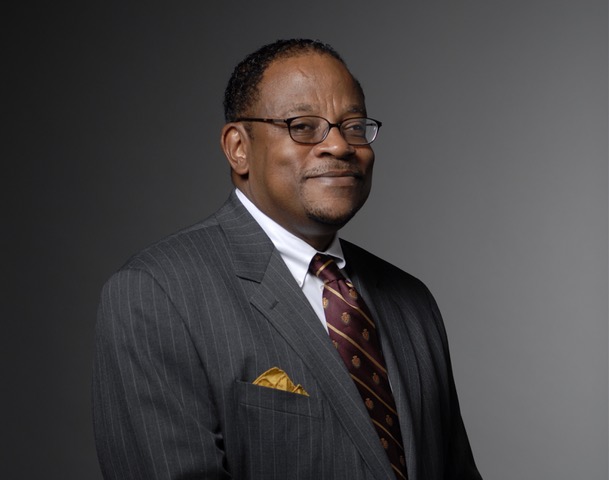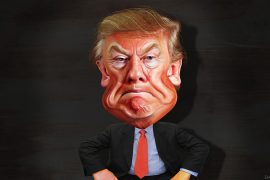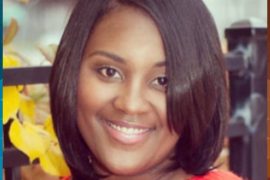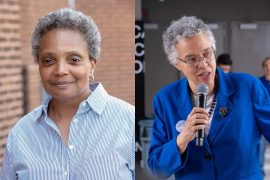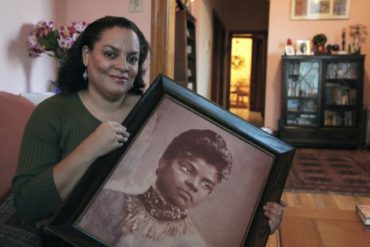In an online virtual celebration, Dr. Rev. Stephen G. Ray Jr. recently retired as President of the Chicago Theological Seminary. Ray was named the 13th president in the seminary’s 164-year history on February 1, 2018. The event included a diverse mix of speakers, readings, and music, reflecting Dr. Ray’s inclusive and expansive approach to his ministry and service at CTS.
The reading for the celebration was an excerpt from Martin Luther King’s Letter from a Birmingham Jail. Music for the celebration included This Place by KEM and I am Singing, by Stevie Wonder.
Brian Clarke, Chairman of the Board of Trustees at CTS, said: “CTS is growing. CTS is vibrant with enrollment at an all-time high. The foundational work that Stephen has led leaves CTS in a very, very good place. We say to Stephen: ‘well done, good and faithful servant’.”
Well known for his articles on Christology, race, and the Black experience, Ray is also the author of Do No Harm: Social Sin and Christian Responsibility, a contributor to Constructive Theology: A Contemporary Approach to Classical Themes, and co-author of Black Church Studies: An Introduction. He is the Immediate Past President of the Society for the Study of Black Religion; past co-chair of the Workgroup on Constructive Theology; and served on the executive committee of the Black Religious Scholars Group. Ray serves on the review boards of Conversations in Religion and Theology and Westminster/John Knox Press and is a member of the American Academy of Religion.
An ordained minister of the United Church of Christ, Ray has received numerous awards, including Yale Divinity School’s Hooker Fellowship for Excellence in Theological Studies; Yale University’s University Fellowship; Charter Oak State College’s Distinguished Alumni Award; and was named to Morehouse College’s Martin Luther King, Jr. International Collegium of Scholars in 2008.
N’DIGO sat down with Dr. Rev. Stephen G. Ray Jr and discussed how he became interested in ministry and what’s the current climate of today’s Black church and race relations in today’s society.
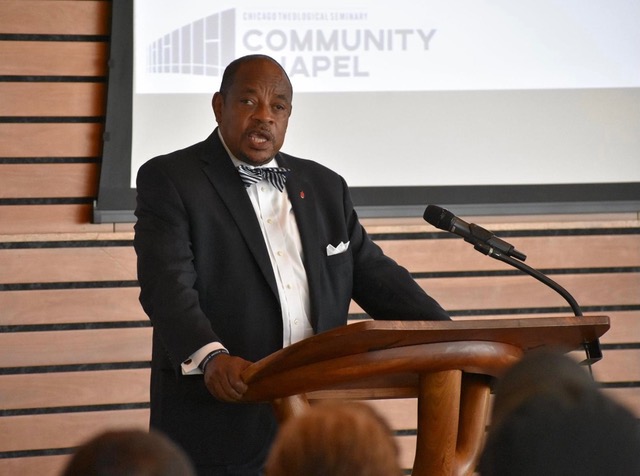
N’DIGO: You have been in the ministry uniquely as a lecturer, professor, and President. How did you become interested in the ministry?
Rev. Dr. Stephen G. Ray Jr: I received a call to ministry in 1985. I began work at my local church in Hartford, CT, as the Director of the Safeguarding Program. It was an outreach ministry of my church that dealt with crisis intervention in the poorest neighborhood of our city. That experience forever shaped my ministry. Whether in pastoral ministry, as a professor, or president the issues always closest to me were those dealing with people and communities with “their backs against the wall.”
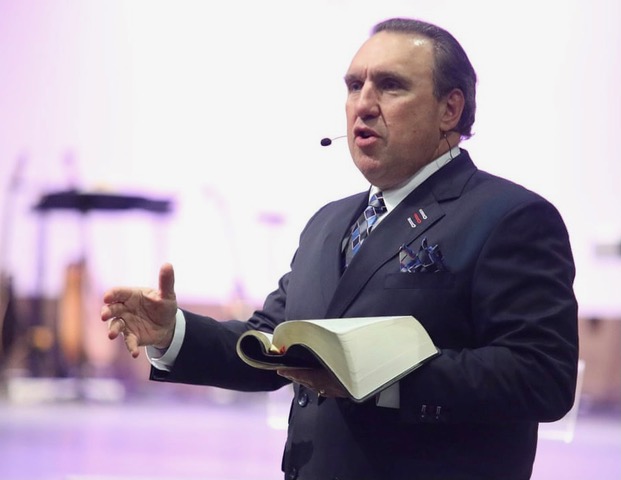
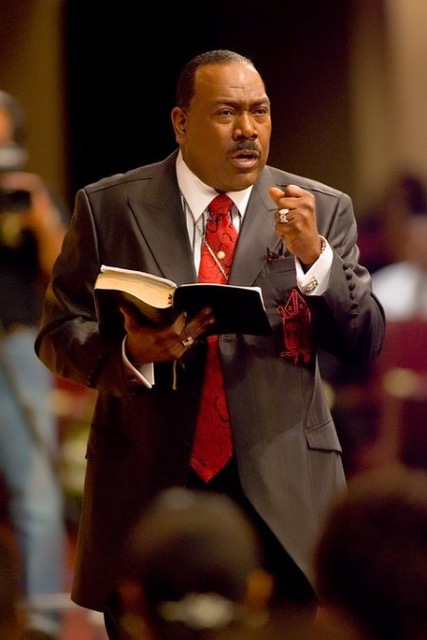
What is the major difference between White and Black theology?
I wouldn’t say I like the term White Theology. Instead, I talk about Christian theology in bondage to white supremacy and the Western colonial project. Here, I am not just mincing words. Before we can begin to break the bondage, it has to be named clearly. Calling white theology as a counterpoint to Black Theology too quickly lets the Church off the hook.
I understand Black Theology to be the proclamation of the Gospel in a way that restores the humanity and dignity of those oppressed by white supremacy. It does so by drawing on the creativity of Black peoples and communities through time. In this work of restoration and witness, Black Theology combats the bondage of the Church and the Christian tradition to demonry of white supremacy.

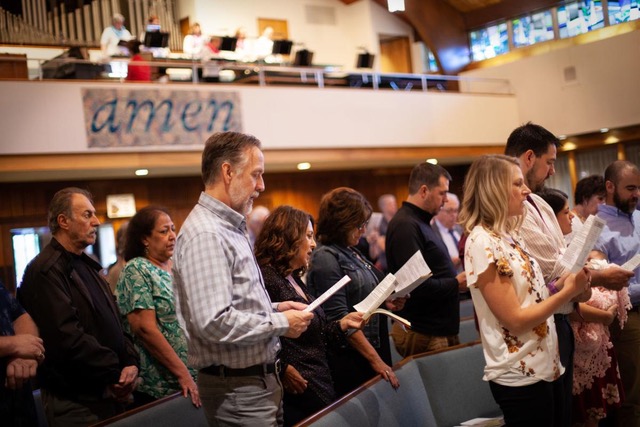
There is and always has been a strict divide in American society, between the Black and White Church. How do you recognize these differences?
The Church exists as it does because from its very beginnings it has always been a reflection of the larger society of which it is a part. This is a consequence of missionary impulse at the heart of the faith which seeks to translate itself into every culture. Ours is and will for some time be a society divided by the racial history of this nation and the Western colonial project which gave it birth. So, I don’t bemoan this divide, I simply accept it for what it is.
What I am much more concerned about is how the Church, on whatever side of this divide it finds itself, responds to the ravages of racial oppression. I am concerned about those parts of the Church shaped by and benefitting from these systems of racial oppression. How are they making repentance real? If they are not, when will they start? For those churches called to resist these demonic systems by proclamation and restoring the dignity and humanity of Black people, I ask, “how are you living in ways that you don’t become the monster you behold?”
How do you view race relations in today’s world?
While things are clearly better than when I was young, they are not what I hoped they would be. Race has a way of remaking itself to counter the progress of those suffering under racial oppression. We, as a society and a people, were dealt a great setback in 2016 when a white nationalist regime came to power in the United States. In some ways, I will be fighting battles I thought long won for the rest of my life. In others, having come face-to-face with the demonic in white supremacy, these next generations will be perhaps a bit wiser than my generation. I think our hopefulness in the 1970s, 80s, and 90s left us unprepared for the racial backlash to our progress. I don’t think the 20 and 30 somethings are quite as naïve. The backlash is the only thing they have known.
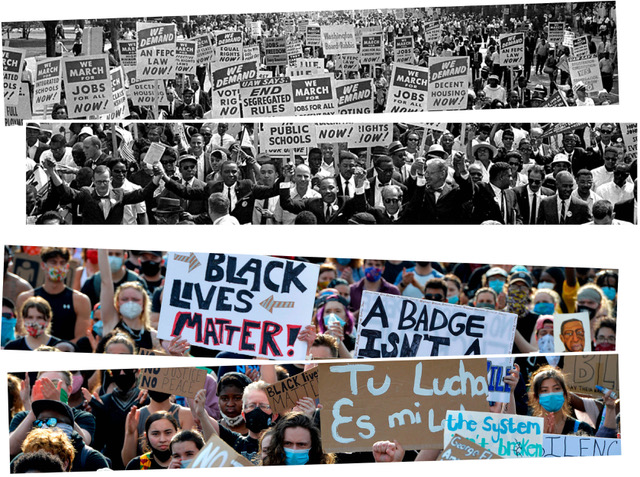
How has the Black community changed in these years from the Civil Rights Movement to the Black Lives Movement Era?
The most significant change is that we are still learning how to organize our power in non-geographic ways. When the hard structures of segregation loosened and Black people began to migrate according to their economic aspirations (e.g., suburbanization), our political and economic power dissipated. The problem was that they had systems that enforced racial oppression that had not changed, and they simply transformed. Black Lives Matter was a movement born of the need to rediscover our power in that changed circumstance. For me, the most powerful phrase coming out of this movement was “This Ain’t Yo Daddy’s Civil Rights Movement!” It captures the vitality of the moment and calls us to see the new challenges.
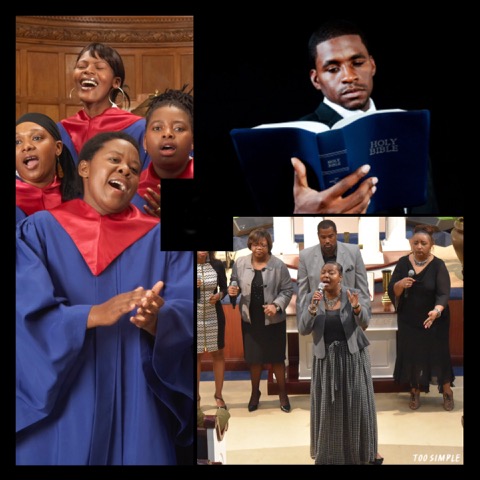
What is it most that you want your students to know as they develop their own churches?
Feed the people, metaphorically and materially. The Church has always been the one institution that could stand wholly against the forces that create systems that destroy the spirits and bodies of the most vulnerable among us. If we attend to this work, other good things will follow. Ignored, these undone deeds will stand as a witness against us in the judgment of God.
So many today are “unchurched? Is the Black church losing its tradition?
I don’t think that the Black Church is losing its tradition as much as it is in a moment of deep and profound transformation. In a time of rapid deindustrialization and rising ascendency of conservative ideology, too much of our Church became consumed by arguments over human sexuality and celebrity prosperity gospel preaching. Millennials and GenXers were deeply disillusioned because they were dealing with the material harms of the two obsessions. They were becoming poorer than their parents, and they were making the connections between all systems of oppression. I believe that in this moment of the reformation, the Black Church is rediscovering our vocation to preach freedom and dignity for all and to demand a just distribution of our society’s cultural and material goods.

During this COVID moment, the church has had to change by adding Facebook Church. So how has social media changed church culture?
This is a question that is being answered as we speak. The one thing I do know is that contrary to what many believe, the digital natives (Millennials, GenXers, and GenZers) crave human physical interaction. I do not believe that “Zooming” of the Church will change that.

Who is your favorite author?
Toni Morrison.
What three top lessons have you learned most as a theologian?
1. The faith must be made new for each generation. Leaving it unchanged and moribund makes putting it into bondage to ideologies and demonries very easy.
2. Don’t despise those who have come before you. Instead, learn from them while not making idols of them.
3. Always remember that our accountability is to those yet unborn. Not ourselves.

